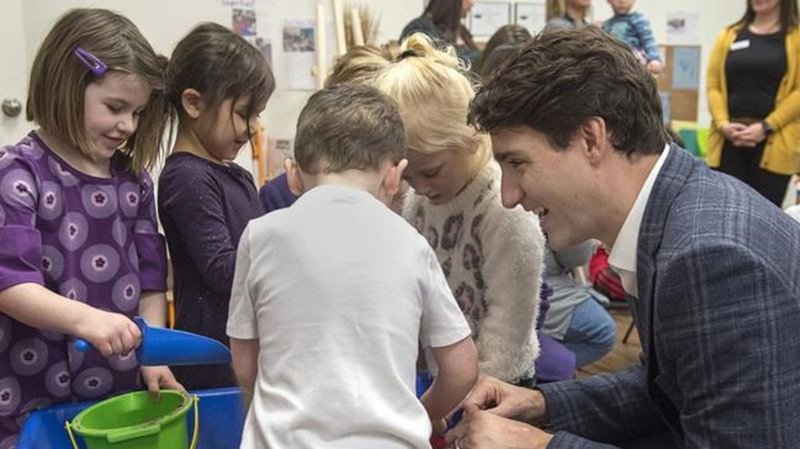
Nunavut reaches $10-a-day average for child care, years ahead of Canada-wide goal
IQALUIT, Nunavut — Families across Nunavut are now paying an average of $10 a day for child care under a Canada-wide plan, 15 months earlier than initially expected and three years ahead of the national goal.
The federal government has signed child-care agreements with every province and territory. It aims to increase the number of regulated child-care spaces across Canada and reduce fees by an average of 50 per cent by the end of 2022 and $10 a day by 2026.
In signing a $66-million agreement in January, Nunavut planned to reach the $10-a-day mark for licensed child care facilities by March 2024 and create 238 new spaces by the end of March 2026.
The territory has said the fee reduction would see families save up to $55 per day per child beginning Thursday. It added that 30 new spaces have been established so far and employees at licensed centres received retention bonuses this year.


